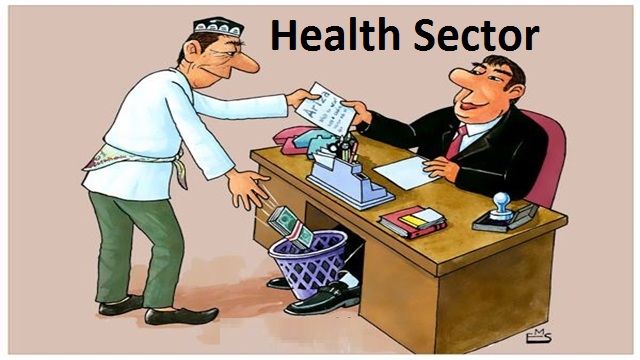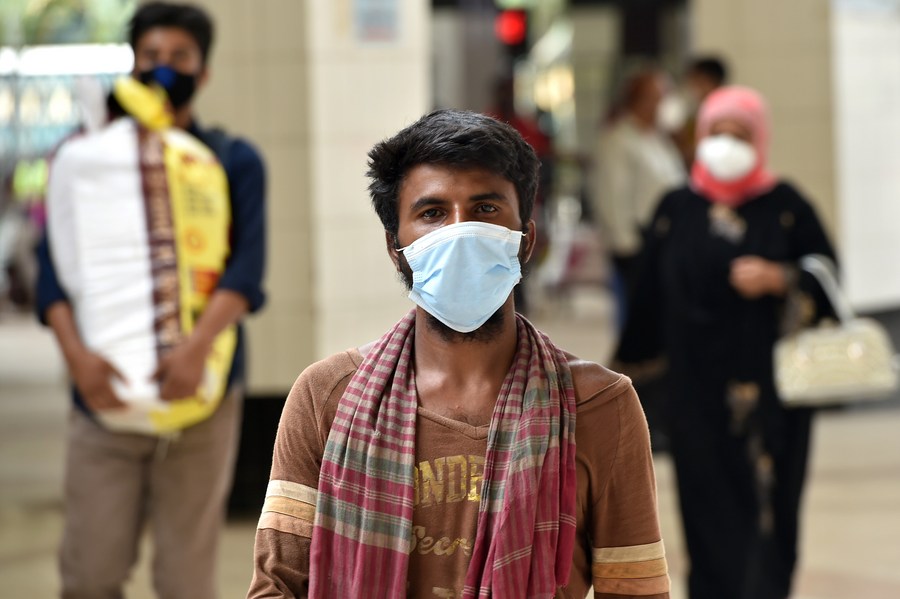The corruption in health sector comes to fore again in the wake of the JKG and Regent Hospital scandals and irregularities over supplying Covid-19 protective gears and medical equipment purchases during the coronavirus pandemic.
Terming the latest graft incidents just a 'tip of iceberg,' good governance campaigners and rights activists called for the government political commitment to uproot 'deep-rooted' corruption in the health sector.
"The coronavirus epidemic has once again exposed the country's fledgling public health care system. Graft instance being exposed one after another is shocking and unexpected,' said TIB's executive director Dr Iftekharuzzaman.
He observed health sector sinks deep into corruption and irregularities because of the influence of syndicates or vested interest groups. "Now the sector is facing challenges due to numerous corruption including politically influenced recruitment, transfers and promotions of healthcare professionals, irregularities in the procurement of drugs and equipment and providing service by unregistered and unqualified doctors in private healthcare facilities," he added.
Referring to the scams such as JKG, Regent Hospital and Aparajita International he observed that these, are just a tip of the iceberg, and an example of the widely suspected institutionalization of syndicated corruption in the public sector. Dr Iftekharuzzaman further said the syndicates are so powerful that the ACC or law enforcement agencies are afraid of crossing the perceived line.
"The government must show its political commitment to bring perpetrators and godfathers to book in a bid to curb corruption in the health sector," he said.
In case of failure, Iftekharuzzaman added some petty fries will probably be symbolically netted while in line with the established culture of impunity the big fishes will continue to flourish.
Dr Iftekharuzzaman also said that transfer or resignation is not the solution of the crisis. The authorities must address it through bold steps and a complete reformation is a must.
Professor Nasrin Sultana, director of the Institute of Health Economics at Dhaka University, said the health sector's crisis needs to be rooted out, as it seems very deep. If corruption continues in the sector, the people will suffer.
Commenting on the issue, Prof Be-Nazir Ahmed, former director (disease control) of the Directorate General of Health Services (DGHS) said a corruption syndicate has formed within the health sector for making money.
He added: "The main corruption is done through procurement process as there are numerous weaknesses in it."
"There will be no result unless action is taken against the culprits behind the health sector corruption," said former health minister Ruhul Haque.
He said ordinary people are the main victims of corruption in the health sector. So the government must root out the corruption in the sector.















